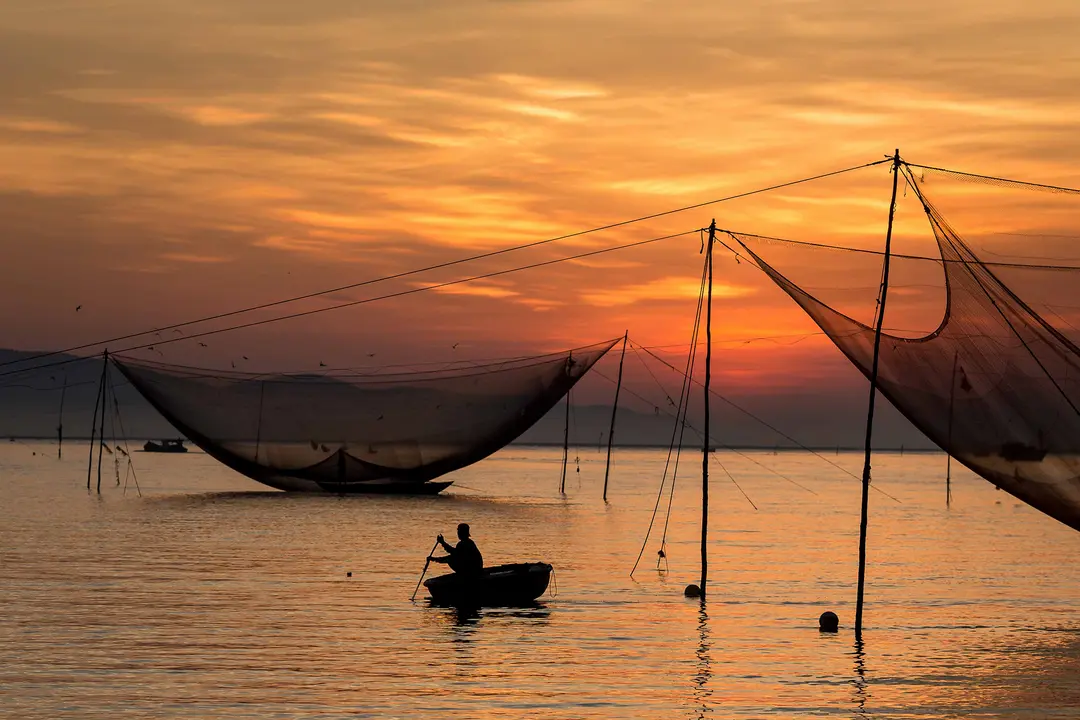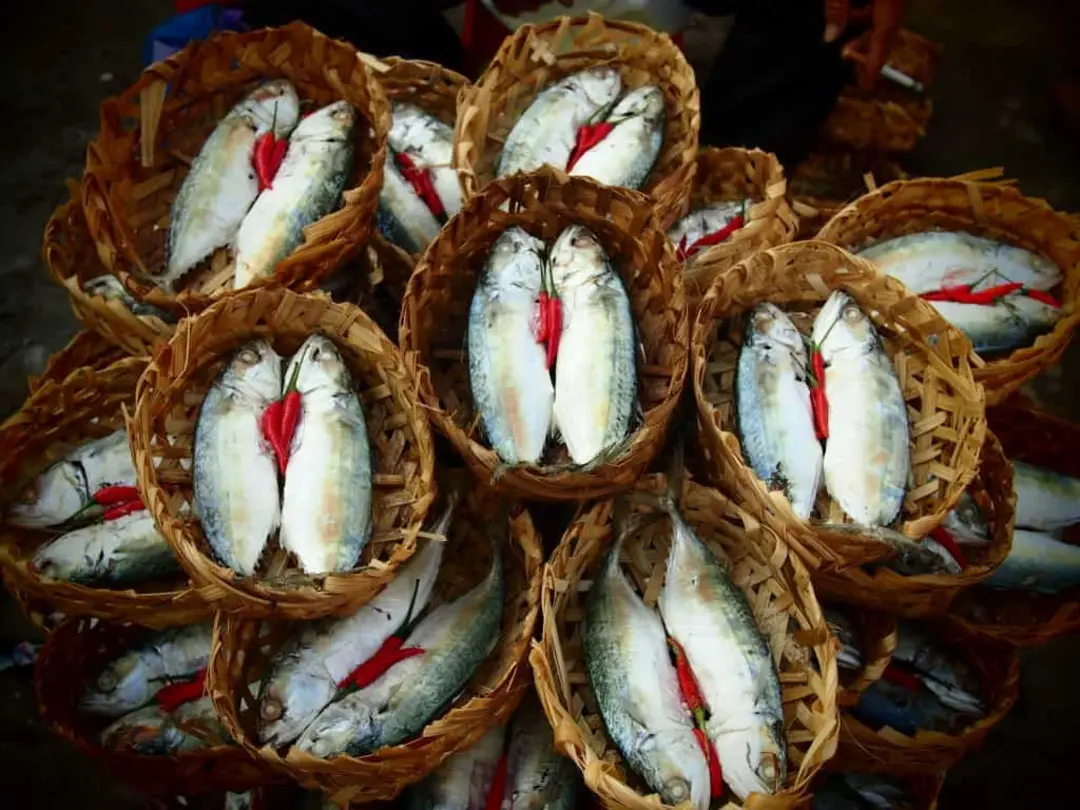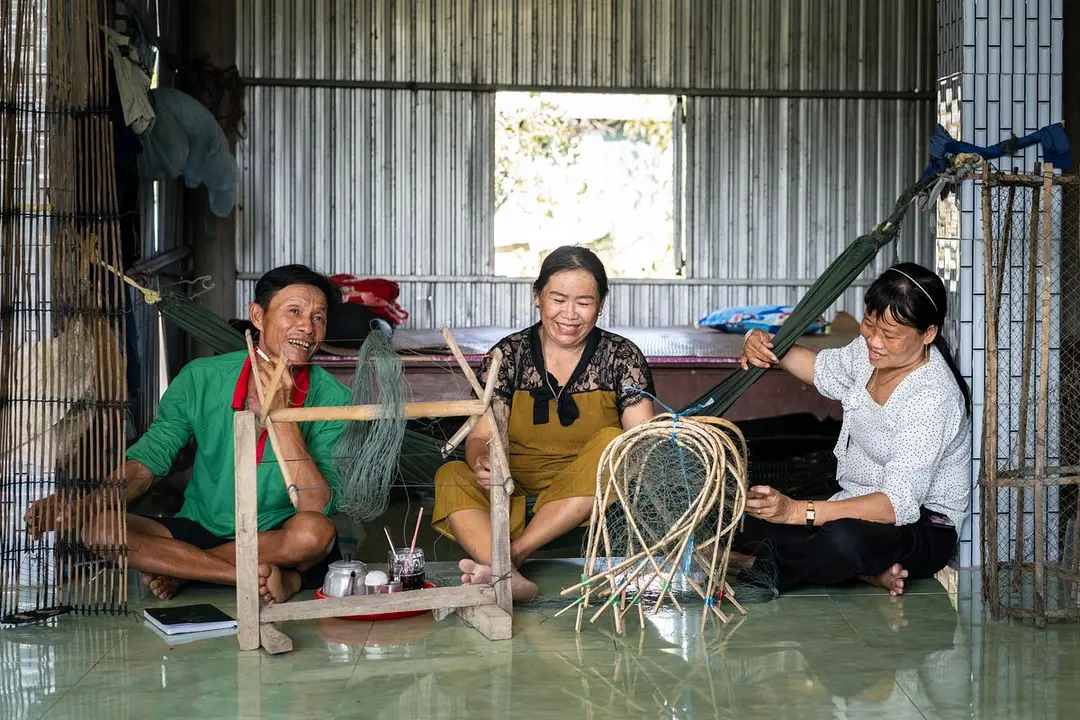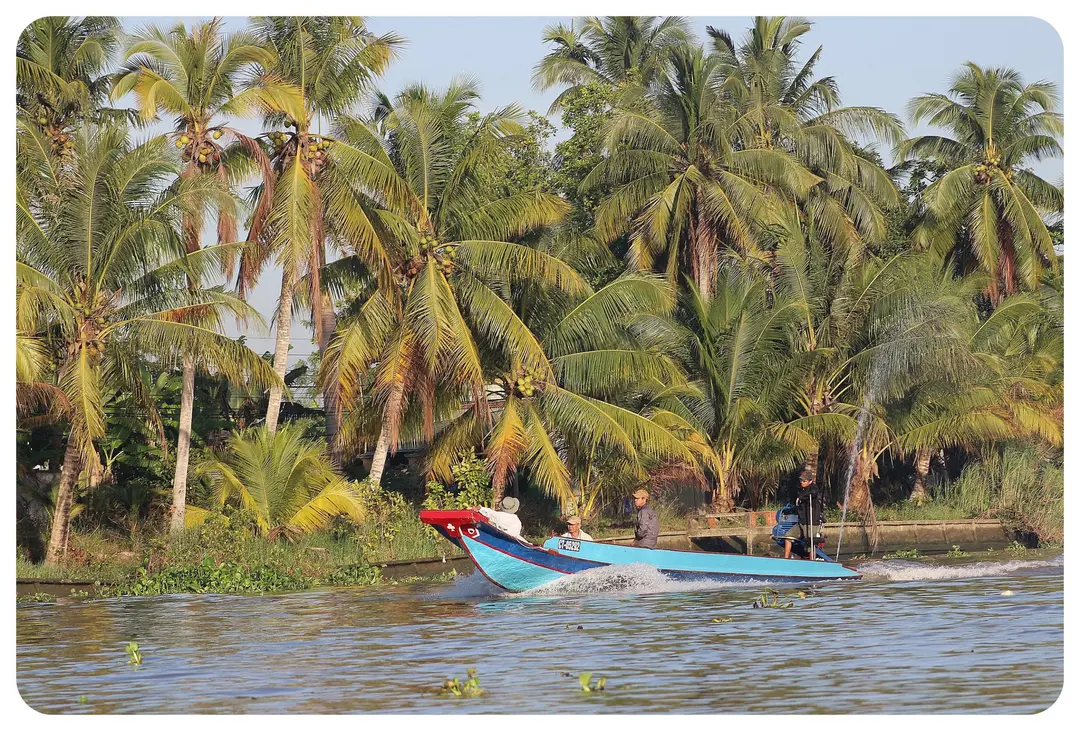Mekong delta fishing immerses you in a world of diverse fish species, centuries-old techniques, and vivid local life. If you want to understand or join in the rich fishing culture here, this guide reveals what to expect—from the aquatic bounty and how it’s caught, to where and when to go. Discover unmatched authenticity and practical know-how for your journey.
Overview of Fishing in the Mekong Delta: Fish Species, Methods, and Experience
Fishing as a Pillar of Life in the Mekong Delta
Fishing is woven into the very fabric of daily life in the Mekong Delta. It drives the regional economy and forms the backbone of community structures, influencing everything from home-cooked meals to traditional festivals. Entire families rely on fishing for sustenance and trade, and knowledge is inherited from generation to generation, reinforcing strong cultural bonds.

Types of Fish You Can Find
The aquatic diversity of the region is a major draw for mekong delta fishing enthusiasts. You’ll encounter snakehead, catfish (including impressive giant varieties), silver carp, perch, loach, shrimp, and even pearl-producing mollusks. Crabs and snails also form part of the catch, making fishing an adventure in biodiversity. This abundance supports both local livelihoods and memorable tourist outings.

Traditional Fishing Techniques Still in Use
Centuries-old fishing practices remain active throughout the Mekong Delta. The ‘Đăng’ (weir) is a hallmark, with intricate nets stretched along riverbanks during seasonal high tides, skillfully trapping fish like snakehead and carp. Bamboo traps—‘Nò’ and ‘Lọp’—are expertly placed in fast currents to catch shrimp, perch, and loach. The ‘Chài’ (casting net), hand-thrown from boats or shore, is a familiar sight, while the ‘Vó’ (lift net), ‘bôn’, ‘xệp’, ‘nôm’, and pole-based methods like ‘câu rê’, ‘câu cắm’, and ‘câu chìm’ round out the traditional toolkit. Each approach reflects adaptation to the delta’s dynamic waters.

Modern and Small-Scale Fishing Practices
Today, small-scale modern trawlers operate alongside traditional methods, particularly on distributaries like the Hau River. Spinning, baitcasting, and even fly fishing are now being embraced, especially by visiting sport anglers. These evolving approaches ensure mekong delta fishing stays relevant and accessible while sustaining local communities and drawing new generations of enthusiasts.
Aquaculture—The Role of Floating Fish Farms
Fish farming has grown into a vital component of the delta, with floating fish farms marrying ancient know-how and innovative adaptations to changing water levels and seasonal floods. These environments cultivate catfish, tilapia, and other species, contributing year-round protein production while accommodating the Mekong’s moods.
The Fishing Experience in the Delta
Visitors engaging in mekong delta fishing are treated to a sensory-rich experience: river views, lush paddies, and the bustle of floating markets set a vivid stage. Joining local families or tour operators, guests can learn to set traps, cast nets, or simply enjoy the peace of drifting on the water. Fishing here is more than a sport—it’s a window into daily life and timeless customs.

Must-Visit Fishing Locations and Tours
Mekong delta fishing tours range from guided day trips to immersive multi-day expeditions. Hubs such as Can Tho and river arms like the Hau offer convenient access and expert guidance. More adventurous travelers can head deeper into off-the-beaten-path villages, discovering less-trafficked waters and local wisdom unavailable in guidebooks.
Seasonality and Government Regulations
The Mekong Delta’s fishing rhythms follow the river’s dramatic flood and ebb cycle, with migration and preferred catch species changing through the year. Local guides monitor regulations, from catch limits to closed seasons set to ensure sustainability and protect fragile stocks. Many floating farms are designed to remain productive despite seasonal extremes, so fresh fish is available year-round.
Being aware of the rules and the river’s rhythms is key for visitors, supporting both your adventure and the Mekong’s future.
Cultural Importance and Community Traditions
Fishing has deep cultural roots in the region, reflected in folklore, festivals, and cuisine. Traditional tools and time-tested knowledge still circulate, uniting families and neighbors in collective harvests, especially during annual celebrations. Locally produced fish sauce and renowned dried fish dishes are cornerstones of the Mekong Delta’s shared table, reinforcing the centrality of fishing in daily life.
Practical Tips for Visitors
For the best mekong delta fishing experience, select reputable tours committed to the environment and local culture. Get involved—trying your hand at casting, setting traps, or baiting hooks—under a guide’s supervision. Dress for the humidity and sunshine, heed local safety instructions, and familiarize yourself with the basic regulations. Don’t miss signature dishes showcasing your catch: fried snakehead, caramelized catfish, or dried perch are local staples.
Planning a Hands-On Fishing Adventure in the Mekong Delta
How to Arrange a Fishing Tour or Experience
Whether you’re joining a homestay, a group tour, or arranging your own adventure, mekong delta fishing is accessible for all levels. Bookings can usually be made online or at tourism centers in Can Tho and other hubs. Operators typically provide basic gear, guidance, and sometimes meals—double-check what’s included, and consider bringing sun protection, comfy clothing, and any personal fishing essentials.
What to Expect During a Fishing Trip
A typical mekong delta fishing tour begins early, often with casting or setting traps alongside local fishers. Guests may move by boat through tranquil or lively waterways, learning various techniques and even visiting floating homes. Accommodation can range from rustic riverside bungalows to family homes, offering insight into local customs and a chance to share meals featuring freshly caught fish.
Preparing for Weather, Gear, and Local Conditions
The region’s climate alternates between rainy and dry seasons, so pack accordingly for heat, sun, and sudden showers. Bring light, long-sleeved clothing for sun and insect protection; a hat, water shoes, and eco-friendly repellents are also wise. Most fishing tours supply basic equipment, but experienced anglers might want to bring specialty rods or lures suited for mekong delta fishing species and waters.
Essential Information: Mekong Delta Fishing Quick Guide
Frequently Asked Questions for First-Time Visitors
Do I need a license for mekong delta fishing? Usually, licenses and permissions are managed by tour operators. How long should my trip be? Day trips and multi-day expeditions are both popular—your itinerary can be as short or as immersive as you wish. What languages are spoken? Vietnamese is the main language, but many guides speak English. When’s the best time to catch certain fish? Tuna and catfish peak in the floods (May–November); drier months favor perch and loach. Regulations and conditions may affect specifics.
Contacting Guides and Finding Official Resources
Tourism information offices in major towns and cities can connect you with trusted guides and up-to-date details. Reputable operators are listed in guidebooks and tourism publications. Online searches for ‘mekong delta fishing tours’ or visits to local travel desks will yield current contacts, regulatory updates, and information on cultural events tied to fishing. Always confirm details before your trip.
To experience the authentic river life and vibrant local culture firsthand, feel free to explore our curated Mekong Delta tour collection at Viet Kolors Tour. We are dedicated to providing immersive journeys that showcase the true essence and hidden gems of the Mekong region.
